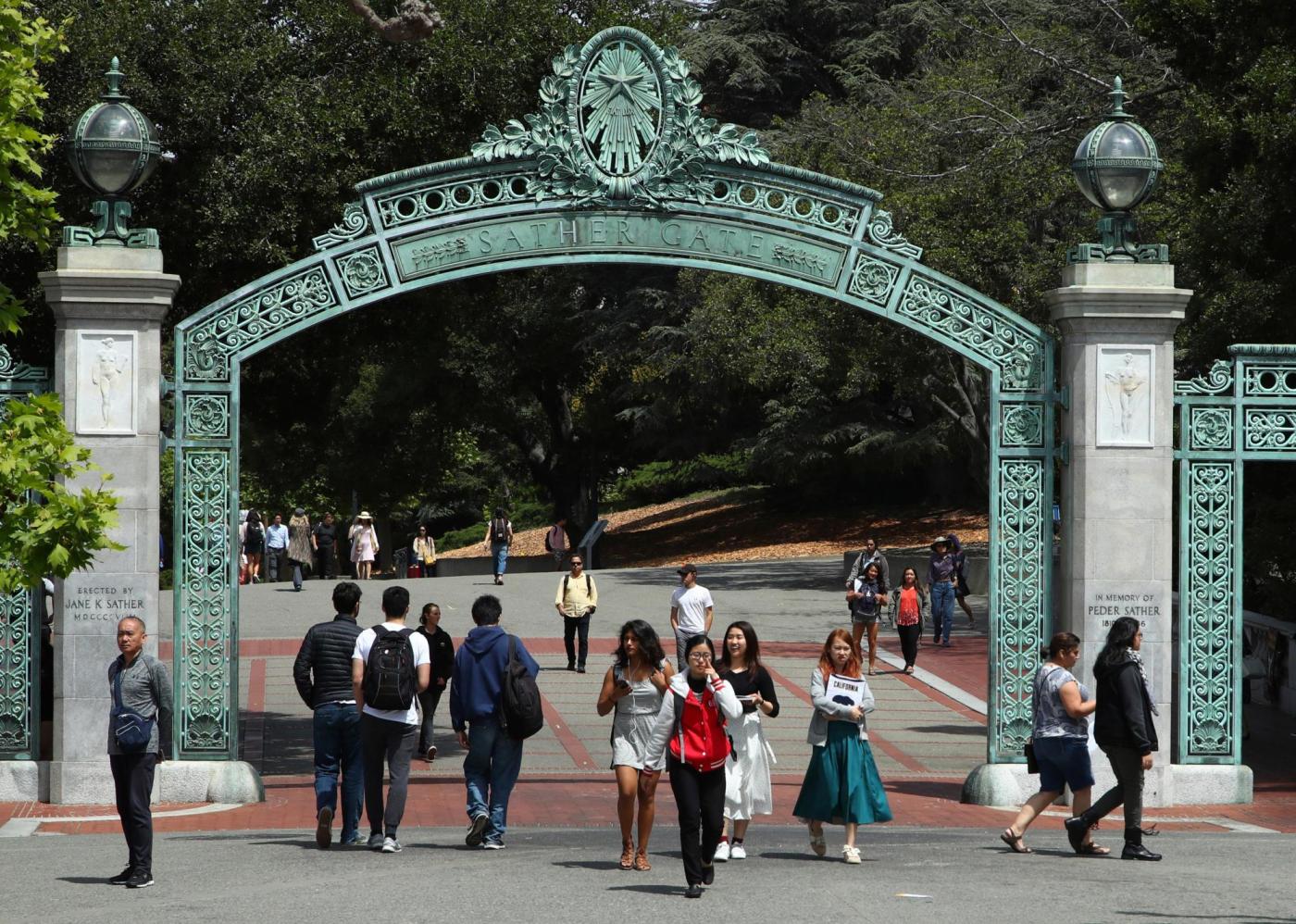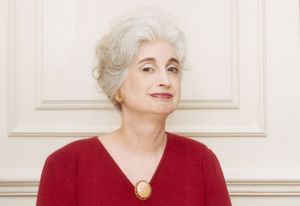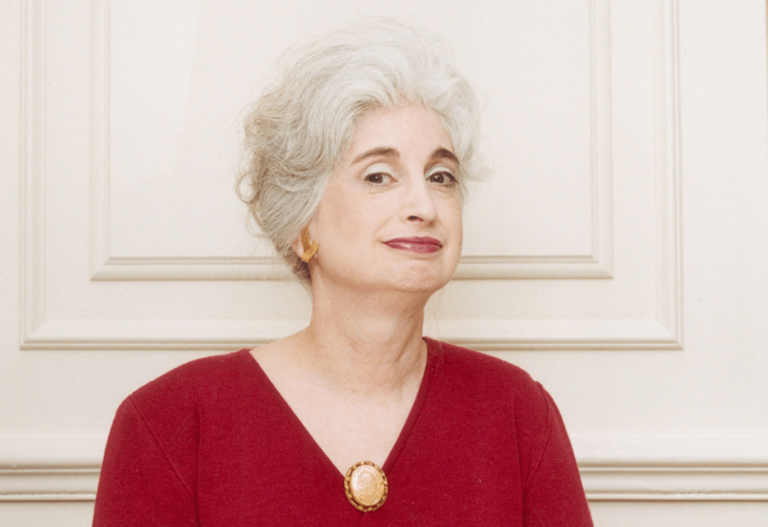BERKELEY — Richard Lyons, UC Berkeley’s associate vice chancellor for Innovation & Entrepreneurship and an alumni of the university, has been named as Chancellor Carol Christ’s replacement Wednesday as she prepares for retirement by the end of this semester.
Lyons’ connection to the university goes back decades. He graduated with a bachelor of science degree in business and finance from UC Berkeley in 1982, and returned as a faculty member about a decade later after earning a Ph.D. in economics from the Massachusetts Institute of Technology and teaching at the Columbia Business School for six years, according to a press release announcing his appointment.
During his time as a UC Berkeley professor, Lyons specialized in the study of international finance and global exchange rates, according to the press release. Lyons became the dean of the Haas School of Business in 2006, helping to establish two new degree programs connecting the College of Engineering and the Department of Molecular and Cell Biology and oversaw the construction of Connie & Kevin Chou Hall, a modern learning laboratory.
“My goal as a leader then, and now is to facilitate and sustain a culture that supports diversity of perspective, provides every student with a true sense of belonging and encourages educational innovation,” Lyons said. “When we are great as educators, it’s identity-making. We’re helping students and others see identities in themselves that they couldn’t see.”
Lyons, whose tenure as chancellor will begin July 1, replaces Christ, who announced her retirement after seven years leading the university. Christ was the first woman to hold the position and rose to the role after decades as a professor and administrator. Lyons will earn a salary of $946,445.
“I am both thrilled and reassured by this excellent choice. In so many ways, Rich embodies Berkeley’s very best attributes, and his dedication to the university’s public mission and values could not be stronger,” Christ said in a press release. “I am confident he will bring to the office visionary aspirations for Berkeley’s future that are informed by, and deeply respectful of, our past.”












